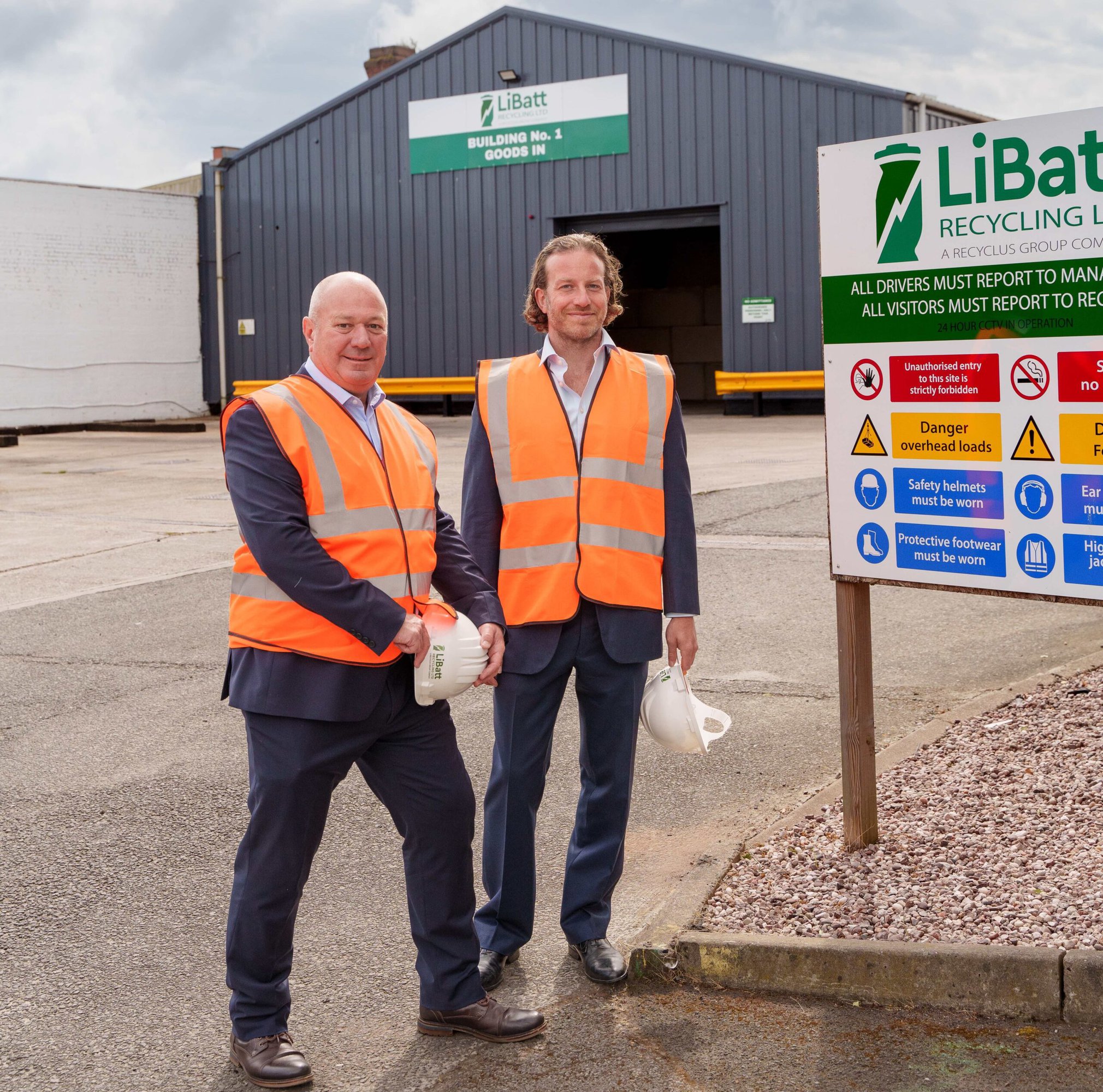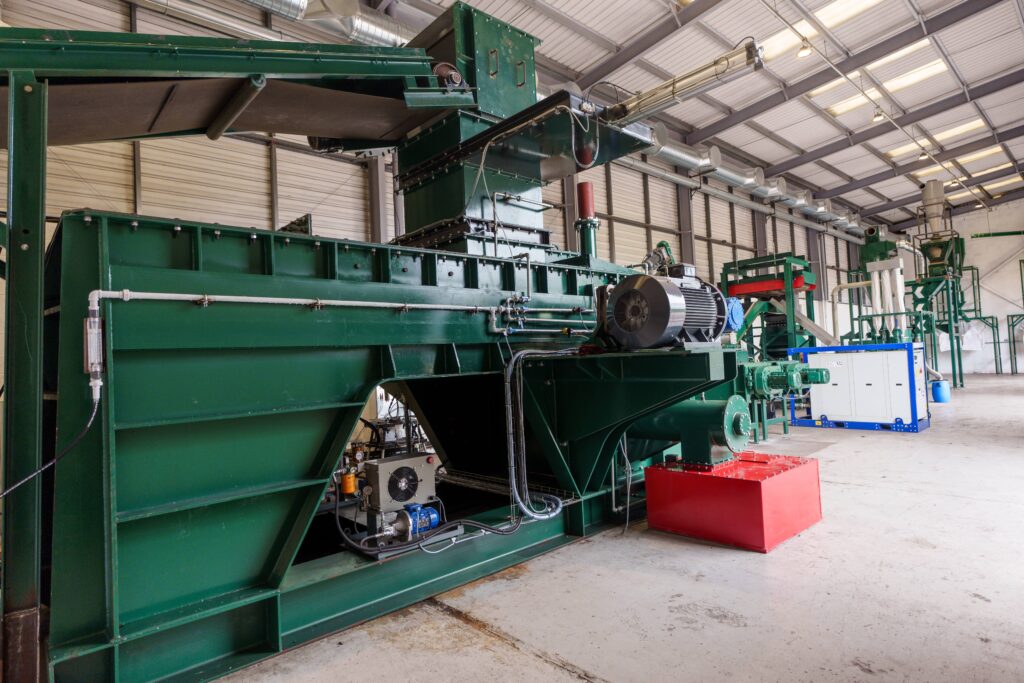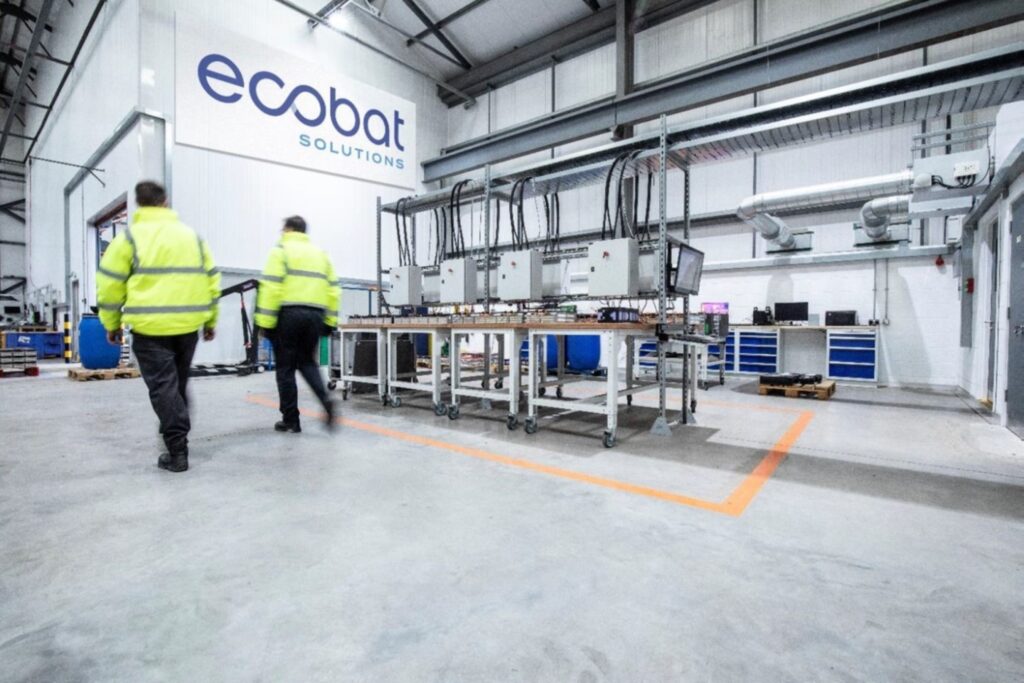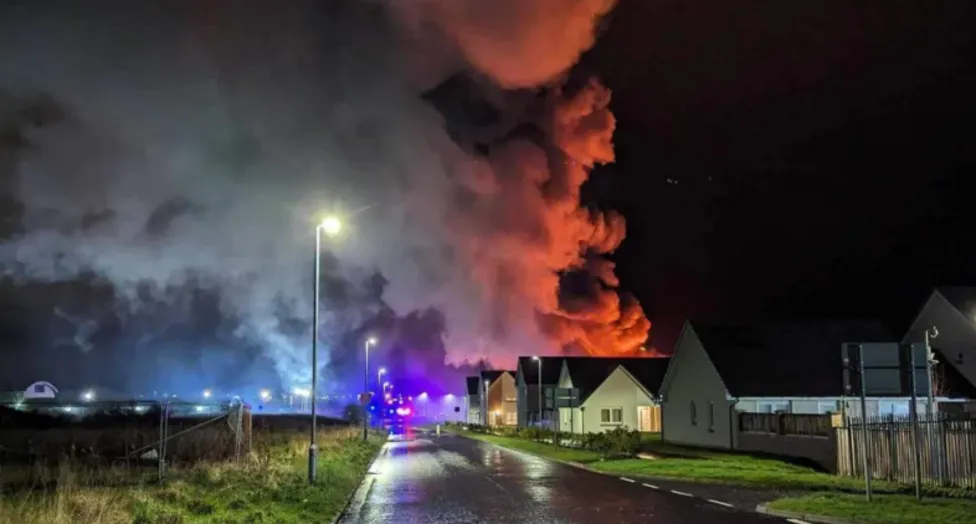The ‘LiBatt’ facility opened its doors in July (see letsrecycle.com story) and has since “successfully completed its commissioning phase”.
In a statement today (12 October), the company explained that bulk liquid nitrogen tanks have recently been installed to facilitate continuous processing and the facility can now operate at scale.
The business has forecasted 8,300 tonnes of batteries will be recovered in year one; with plans to scale up to three shifts by 2025, enabling fulfilment of its 22,000-tonne licensed capacity.
The battery recycling facility is compatible with all lithium-ion battery chemistries, the company added.
According to Recyclus, the battery recycling plant can process end-of-life Li-ion batteries to produce black mass, which contains critical battery metals that can be reprocessed and sold back into the battery supply chain.

The company said it “is developing a sustainable circular economy for battery metals with a focus on extracting raw materials required for Li-ion batteries and solving the ecological issue of spent Li-ion batteries, by recycling them for re-use by battery manufacturers”.
‘Significant step’
Robin Brundle, director and co-founder of Recyclus Group, said: “Having successfully completed the commissioning phase, we are now able to commence commercial operations which represents a significant step towards the realisation of our planned processing rate.
“By using cutting-edge recycling solutions at our facility, we aim to tackle the challenge of spent batteries, playing a pivotal role in the electrification transition and forging a sustainable circular economy in the UK”.
Storage
The site is also able to provide storage for up to 100 tonnes of lithium-ion batteries (equivalent to around 200 EV batteries), the company said, “and offers a full ADR certified nationwide collection service with its business partner, Slicker, to ensure the safe transport and storage of battery waste”.











Subscribe for free